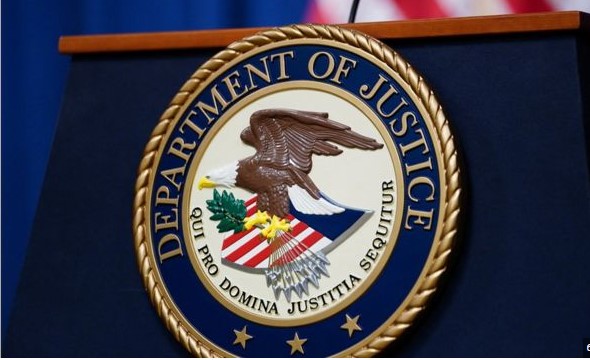“The new front line is online,” a statement by Rt Hon Oliver Dowden resonating louder than ever in the wake of global conflicts such as those in Ukraine, and Israel and Palestine.
The evidence of evolving threats is overwhelming—from bots meddling in our democratic processes to ransomware wreaking havoc on public services and businesses.
In this realm of digital warfare, the National Cyber Security Centre (NCSC) stands as the frontline, safeguarding the UK’s cyber domain. With the unveiling of its recent annual review, the NCSC sheds light on the relentless onslaught of cyber threats facing the United Kingdom.

A part of GCHQ, the NCSC’s mandate is clear: to fortify the nation’s cyber defences, striving to ensure that the UK remains the safest place to live and work online.
This is key as the UK is the third most targeted country in the world for cyber-attacks, after the US and Ukraine. And the number of attacks has hit an “all-time high” over the past year.
Annual Review: Unveiling Evolving Threats
The NCSC annual review, summarising the period from September 2022 to August 2023, highlighted challenges that demand immediate attention like the perils of AI cyber security to protecting Critical National Infrastructure (CNI).
In the midst of escalating cyber security challenges stemming from adversaries like Russia and China, Lindy Cameron, the CEO of NCSC, underscored the rapid pace of technological advancement. She emphasised, “Technology is developing faster than ever, and, in an increasingly unpredictable world, our adversaries are seeking to use this change for their own advantage.”
Cybersecurity concerns entwined with AI emerged prominently in the NCSC’s review, particularly in mitigating risks arising from intentional misuse or control issues of advanced AI, which, while not creating entirely new threats, significantly amplifies existing cyber vulnerabilities.
Interestingly, the NCSC itself leveraged AI to generate images for its review—a testament to the integration of this technology in its own work, stating “we wanted to explore the opportunities that AI presents as well as its limitations.”

Critical National Infrastructure Under Siege
The review sounded alarm bells on the emergent threats posed by state-aligned actors targeting the Critical National Infrastructure (CNI).
These threat actors have typically engaged in DDoS attacks and misinformation campaigns. However, the review shed light on a disconcerting revelation: “some have stated a desire to achieve a more disruptive and destructive impact against western CNI, including in the UK.”
“The NCSC still assesses that ransomware remains one of the greatest cyber threats to UK CNI sectors,” the review reports, as evidenced by attacks on South Staffordshire Water, Royal Mail, and NHS 111.
Nation-states such as Russia, China, Iran, and DPRK stand accused of orchestrating these sophisticated attacks, with Russian being responsible for the most high-profile cyber-attacks against the UK.
It is emphasised that while there is currently no belief that any entity possesses both the intent and capability to profoundly disrupt the infrastructure within the UK, it is acknowledged that such a situation cannot persist indefinitely.
The review said “Uplifting cyber resilience can take several years to achieve, so it’s therefore important to prioritise that uplift before the threat further materialises against our CNI or its key dependencies.”
Elections in the Crosshairs: Protecting Democracy
While the UK’s voting process upholds tradition, relying on pencil-and-paper ballots, the presence of cyber interference looms large.
The advancements in AI pose a significant threat, paving the way for the potential manipulation of political discourse and election integrity through fabricated content, hyper-realistic bots, and sophisticated deepfake campaigns.
“The threat landscape has evolved significantly since the 2019 general election,” the report emphasised, hinting at the attraction for state actors to manipulate political discourse, especially amid the turmoil in Ukraine.
The review explicitly pointed out Russia’s intentions, stating, “It is no secret that Russia seeks to weaken and divide their adversaries by interfering in elections using mis and dis-information, cyber-attacks, and other methods.”

“The UK government assesses that it is almost certain that Russian actors sought to interfere in the 2019 general election. As the UK and US and other European allies expect to hold elections in 2014, we can expect to see the integrity of our systems tested again.”
Adding to the urgency, in August 2023 the Electoral Commission announced a serious security breach. Hackers successfully obtained the details of tens of millions of British voters in a “complex cyber-attack” which went undetected for more than a year.
In the digital age where bits and bytes wield immense power, the NCSC’s call resounds louder than ever: fortify cyber resilience today to prevent the threats lurking on tomorrow’s digital horizon.
















































































































































































